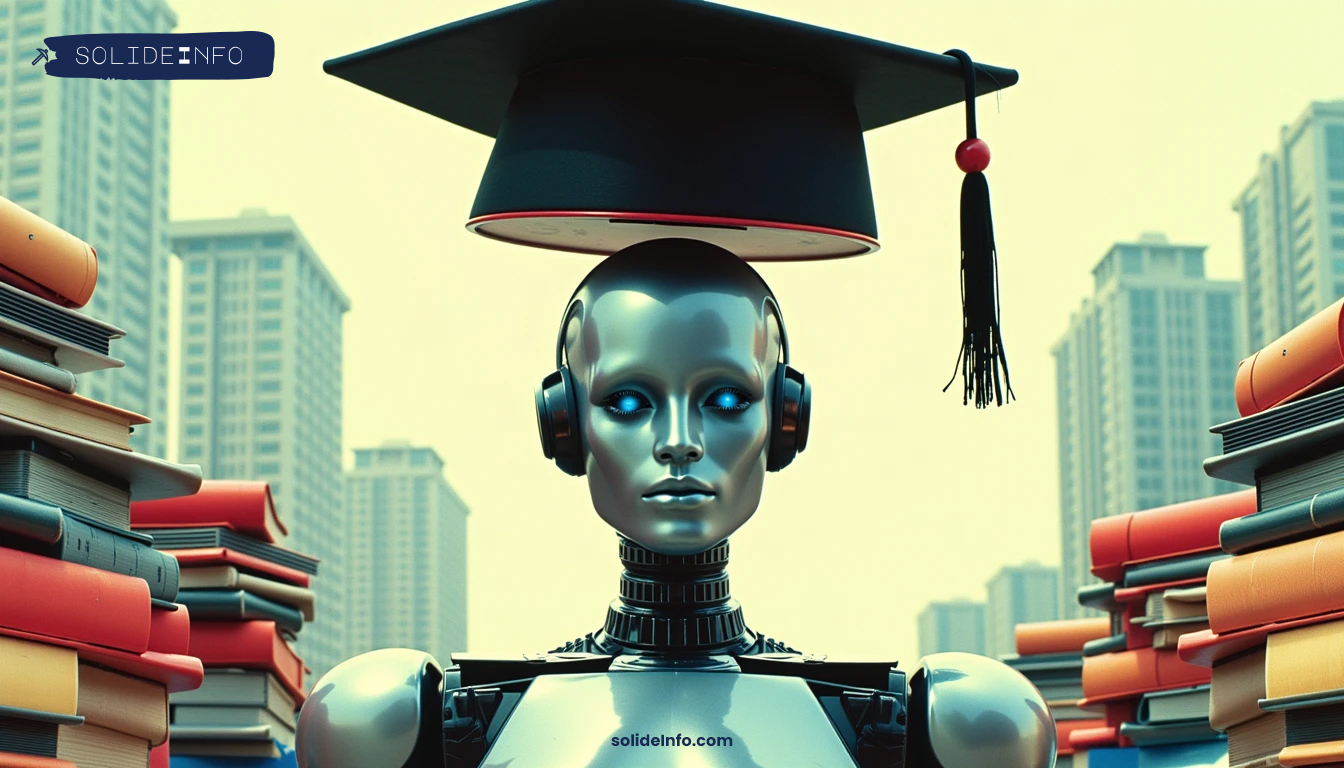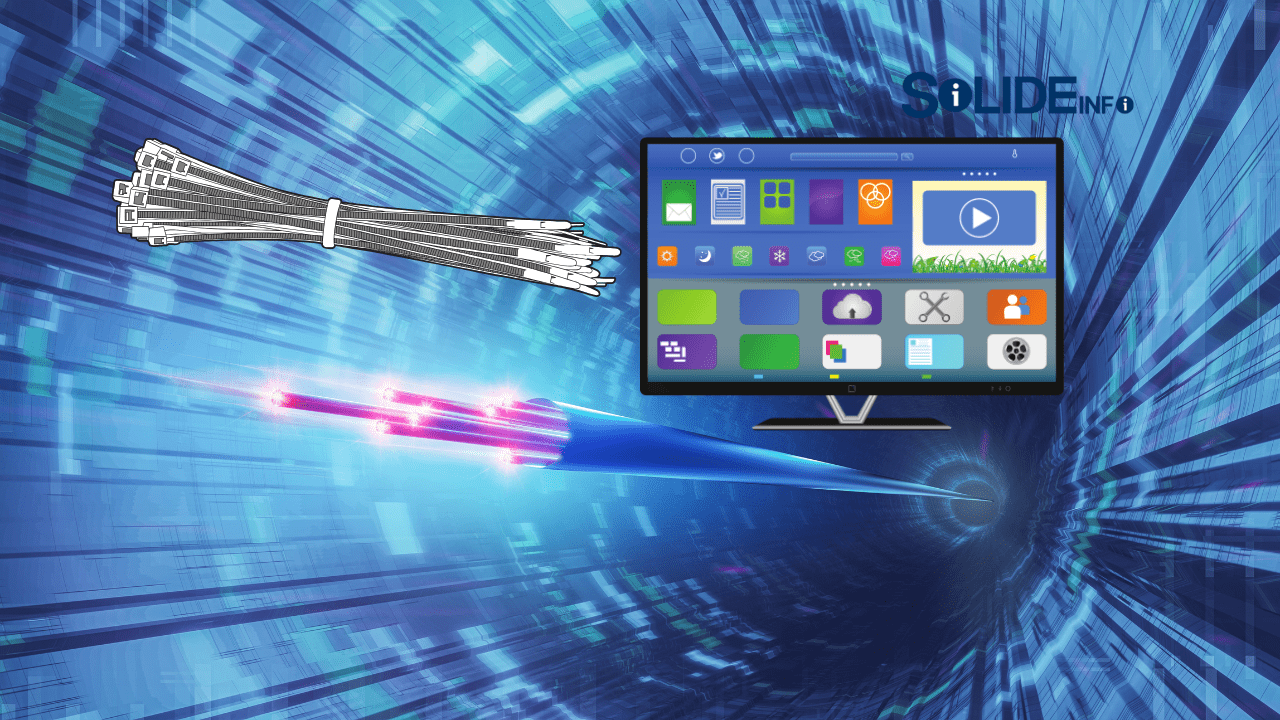A provocative question, indeed. OpenAI’s recent unveiling of the “o1” AI model has sent ripples of excitement and apprehension through the tech world. Touted for its advanced reasoning capabilities, o1 has shown performance comparable to PhD students in challenging academic fields. But does this signify a looming threat to humanity, a scenario straight out of science fiction where AI surpasses and potentially overpowers its creators?
The short answer is: not yet.
While o1’s ability to potentially “outthink” PhDs in specific domains is remarkable, it’s crucial to understand the nuances.
Here’s why framing it as a “threat” is premature:
- Narrow AI, not General AI: o1, like other current AI models, operates within a narrow scope. It excels in specific tasks it’s trained on, like solving complex math problems or analyzing scientific data. Still, it lacks the general intelligence, common sense, and real-world understanding humans own.
- Lack of Consciousness and Intent: o1 doesn’t have desires, emotions, or the capacity for self-preservation. It operates based on algorithms and data, not on conscious intent to harm or dominate.
- Human Control and Oversight: The development, deployment, and ethical guidelines surrounding o1 are still under human control. OpenAI itself emphasizes safety measures and responsible AI development as paramount concerns.
But, the question does raise valid concerns about the future:
- Job displacement: As AI models become increasingly sophisticated, certain professions requiring specialized knowledge are affected. This necessitates proactive planning for workforce adaptation and reskilling.
- Bias and Misuse: Like any technology, o1 can be misused. Ensuring fairness, mitigating biases in training data, and preventing malicious applications are crucial.
- Ethical Considerations: As AI blurs the lines between human and machine capabilities, we must grapple with complex ethical questions surrounding responsibility, accountability, and the potential impact on societal values.
So, is o1 a threat? Not in its current form. Nonetheless, its emergence underscores the urgency of responsible AI development, robust safety protocols, and ongoing dialogue about the ethical implications of increasingly powerful AI systems. We must navigate this new technological frontier with caution, ensuring that AI remains a tool for good, augmenting human potential, and addressing global challenges without jeopardizing humanity’s well-being.
OpenAI o1 experience You must subscribe to ChatGPT PULS to get the feature through this link :



